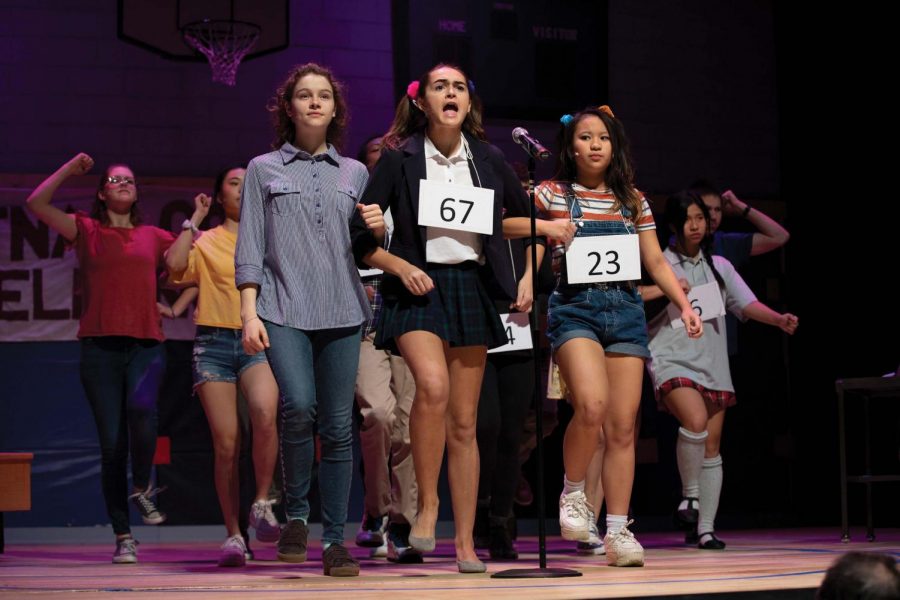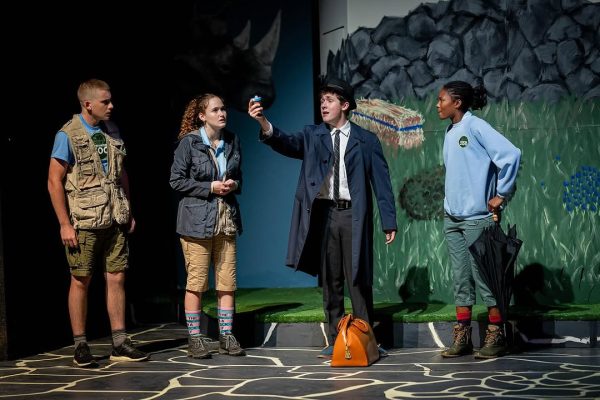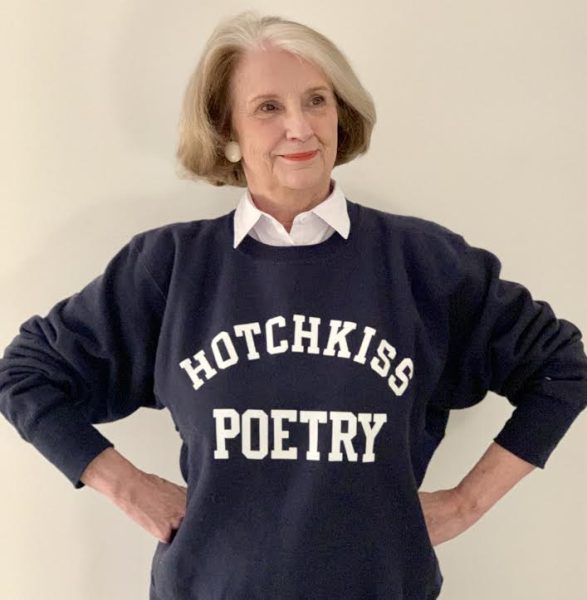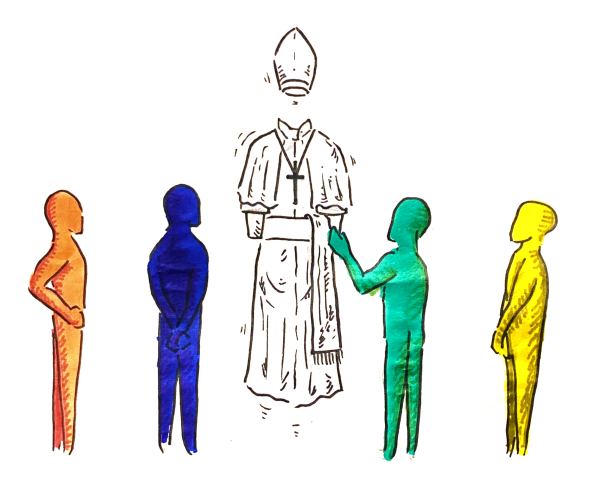When Fear Silences the Arts
The decision was made, they informed me. They had decided that the 2019 fall mainstage musical production would be Cabaret, a show that would have changed the landscape of Hotchkiss theatre. That all changed during the summer when a decision was made by someone in the administration. They informed Mr. Olson, the director, that the mainstage production would not be Cabaret. The content was most likely deemed too risqué by an administrator, because of its sexual and serious, often dark, content. Mr. Ol- son was told to choose a new musical for the fall.
He decided on The 25th Annual Putnam County Spelling Bee, a Tony-award-winning musical comedy about twelve-year-olds. With no input from the Hotchkiss Dramatic Association, a piece of theatre that could have challenged our way of thinking sparked intellectual conversations, and forced us to confront our recent brushes with anti-Semitism, was cut and replaced with a piece that, despite its charm, is a comedy about twelve-year-olds. That was the first instance of censorship I saw in our Theatre Department. The second came about two weeks into rehearsals for Spelling Bee.
Chip Tolentino, the winner of the previous spelling bee, had never experienced failure before in his life. However, when overcome by lustful feelings for another contestant’s sister, he finds himself having to spell a word he knows, but with an erection. He gets the word wrong and experiences failure for the first time. His character arc culminates in his complete and utter breaking point during the song “My Unfortunate Erection (Chip’s Lament).” This song is purposely blunt, to show Chip’s internal struggle with the high standards he sets for himself, and although the lyrics contain comedic sexual references, this moment is pivotal in showing a reality of adolescence.
I did not perform this version of the song, however. About two weeks into rehearsal, I was sent an email from the directors informing me that they were going to censor the song. I was told that this show could not be controversial; that since it was a do- nor year for the Walker Auditorium renovation, they needed to play it safe; that someone had been offended by the word “erection” and that they didn’t want to take any chances after what had happened with Cabaret.
The majority of the cast and I were taken aback by this news, which seemed to go against Hotchkiss’s val- ues. The cast was not consulted; we were told the decision was made, and it was final. In the end, part of the song was brought back to its original form, but most of it remained altered.
I have the utmost respect for the Theatre Department at Hotchkiss. We have dedicated actors and directors. However, the larger community at Hotchkiss views theatre more as entertainment than art, a mindset that causes us to ignore the bigger picture in works of theatre. The educated Hotchkiss community should be respectful of this art in its intended form.
Since Hotchkiss is an educational environment, interpretations, and choices that further a playwright’s intent should be encouraged, but those choices should not be made by the school, and they should not be based upon what will appease donors. Good theatre that pushes boundaries, that is not afraid to be serious, not afraid to matter, can stand for itself and ring truer than any safe, censored version ever could.
There are two types of censorship: blocking and alteration. Block- ing prevents a work from being seen in the first place – for example, deciding to not perform Cabaret. Alteration, or changing the words in a script, when used to make a work seem more safe, can in reality belittle
it. Changing the lyrics of Chip’s song from “my unfortunate erection” to “distraction” is an example of an alteration. Alterations can also be beneficial, especially since times change, and what a certain word or phrase meant at some point could be very different and offensive today, losing the playwright’s intent.
Hotchkiss’s school motto states, “guided by each other, let us seek better paths.” By working together as a community to discuss and acknowledge issues, we can make change and create solutions that will lead us towards that better path. We need more meetings and discussions involving actors, directors, the Hotchkiss Dramatic Association, and even administrators, where everyone can openly say their opinions and not just be told to follow orders.
We need to have a higher standard for all theatre at Hotchkiss and a higher respect for theatre in our community. To help do this, I propose bringing theatre more into our academic environment, offering upper-class Theatre electives on topics such as directing, writing, and specific types of acting. This will at least elevate theatre to the standard set by other Arts disciplines at Hotchkiss.
The decisions that were made this year were the result of an environment that values theatre, especially musical theatre, as simply entertainment. I hope that we can spark a dialogue, and work together to change this mindset.
Finally, I hope that Hotchkiss can live up to what it advertises itself to be: an inclusive community, one that values the Arts, and cares about each singular voice.











